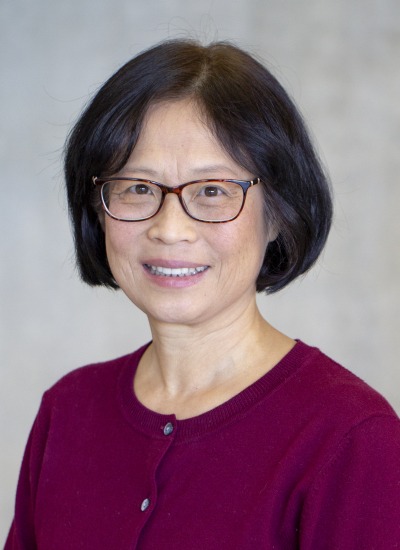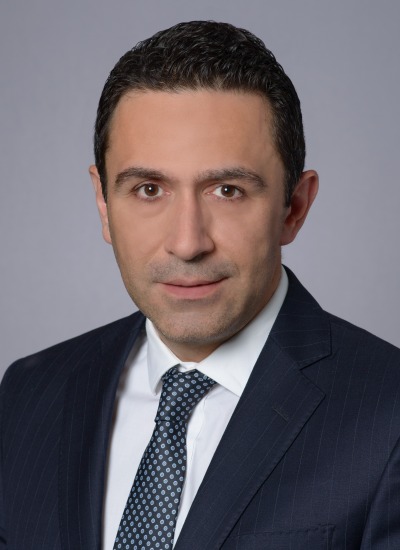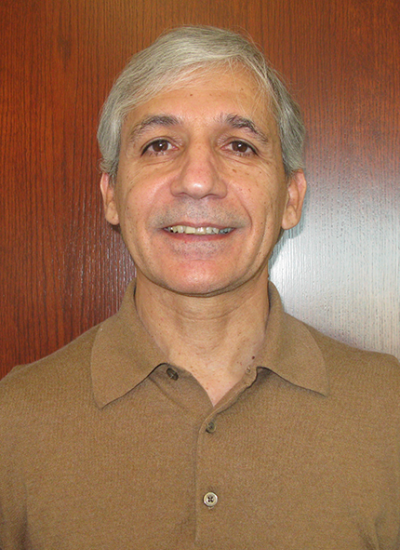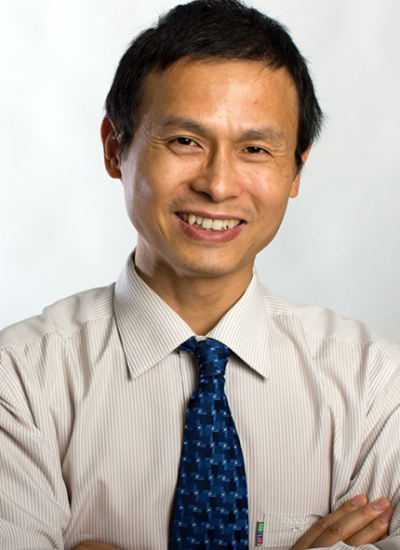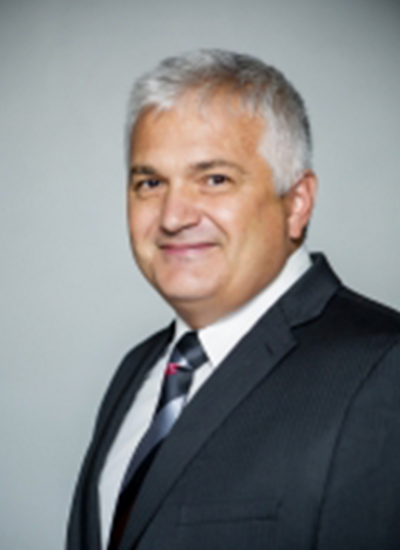Linan Jiang
Work Summary
Dr. Jiang is an Associate Research Professor with the Department of Aerospace and Mechanical Engineering, College of Engineering, University of Arizona. Dr. Jiang develops integrated microsystems, including microfluidics, Lab-on-Chip, Organs-on-Chips, microOptics, flexible optical interconnect and microsensors.


